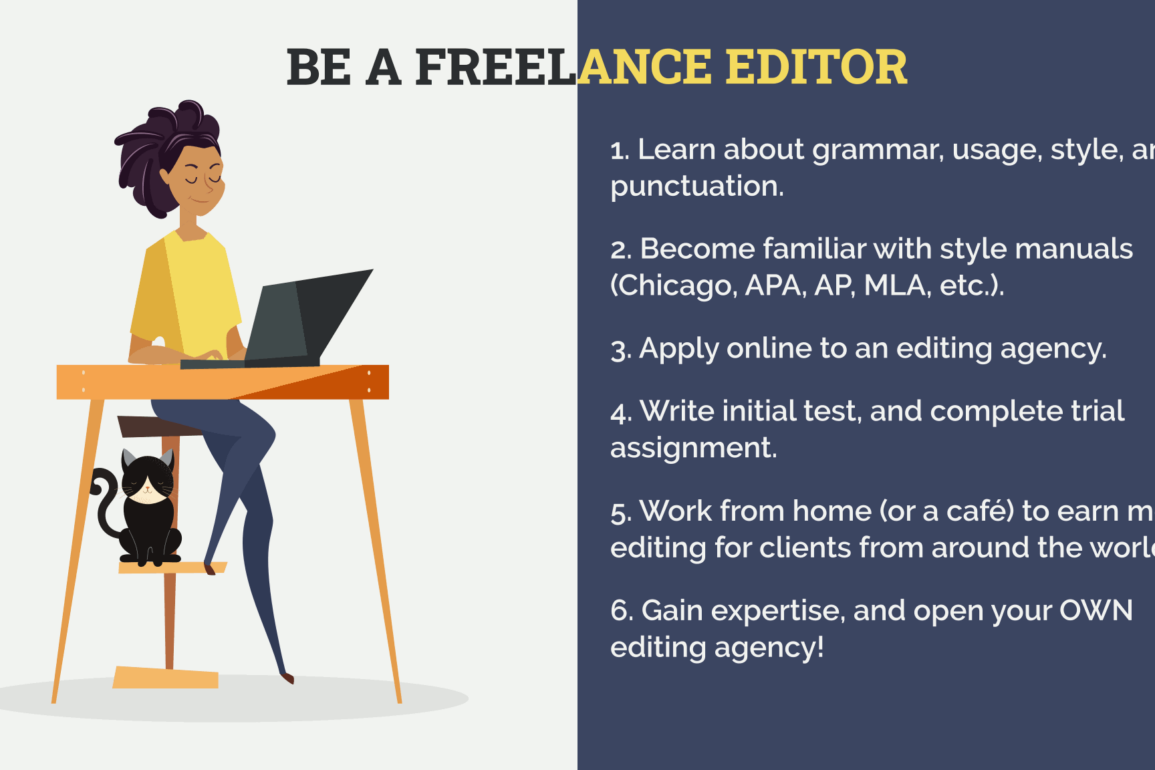Introduction
In the realm of freelance editing, a well-structured contract is essential for establishing clear expectations, defining responsibilities, and protecting the interests of both the editor and the client. This guide offers a comprehensive overview of a Freelance Editor’s Contract, aligned with the laws of England and Wales, to ensure a professional and mutually beneficial working relationship.
Identification of Parties
Begin by clearly identifying the parties involved: the freelance editor (referred to as the “Editor”) and the client (referred to as the “Client”). Provide their full legal names, addresses, and contact details to establish the contractual relationship.
Scope of Work
Define the services the Editor will provide, including but not limited to editing, proofreading, formatting, and any additional tasks agreed upon. Specify the deadlines, deliverables, and any exclusions or limitations to avoid misunderstandings.
Payment Terms
Outline the payment terms, including the Editor’s fee or rate, payment schedule, and method of payment (e.g., bank transfer, cheque). Include provisions for late payment fees and interest charges for overdue payments to ensure timely compensation.
Intellectual Property Rights
Address ownership and retention of intellectual property rights in the edited work. Typically, the Client retains the copyright to their original content, while the Editor may have rights to their contributions or changes. Clarify any licensing or usage rights granted to the Client.
Confidentiality and Non-Disclosure
Incorporate clauses to protect confidential information exchanged during the editing process. Both parties should agree not to disclose sensitive information to third parties without prior consent, and to implement reasonable security measures to safeguard confidential data.
Termination Clause
Specify the circumstances under which either party can terminate the contract, such as breach of terms, non-performance, or mutual agreement. Outline the notice period required for termination and any consequences, such as payment for work completed up to the termination date.
Indemnity and Liability
Define the responsibilities and liabilities of both parties in case of disputes, errors, or damages arising from the editing services. Limit the Editor’s liability to the extent permitted by law and ensure adequate insurance coverage.
Governing Law and Jurisdiction
State that the contract is governed by the laws of England and Wales and specify the jurisdiction for resolving any disputes. This provides clarity and consistency in legal matters and ensures compliance with applicable laws and regulations.
Amendments and Modifications
Include a clause stating that any amendments or modifications to the contract must be agreed upon in writing by both parties. This helps prevent misunderstandings and ensures that changes are documented properly.
Entire Agreement
Confirm that the contract constitutes the entire agreement between the parties, superseding any previous agreements or discussions. This prevents ambiguity and ensures that all terms are clearly defined and understood.
Conclusion
A well-drafted Freelance Editor’s Contract is crucial for establishing a professional and harmonious working relationship between the Editor and the Client. By addressing key components such as scope of work, payment terms, intellectual property rights, and confidentiality, the contract sets clear expectations and protects the interests of both parties. It is advisable for both parties to seek legal advice before signing the contract to ensure compliance with applicable laws and regulations.
Frequently Asked Questions (FAQs) on Freelance Editor’s Contract
What is a Freelance Editor’s Contract, and why is it important?
A Freelance Editor’s Contract is a legally binding agreement between an editor and a client, outlining the terms of their working relationship. It’s important as it establishes clear expectations, protects both parties’ rights, and minimizes potential disputes.
What should be included in a Freelance Editor’s Contract?
A Freelance Editor’s Contract should include details such as the scope of editing services, payment terms, deadlines, intellectual property rights, confidentiality clauses, termination provisions, indemnity and liability clauses, governing law, and jurisdiction.
Who typically prepares the Freelance Editor’s Contract, the editor or the client?
Usually, the editor prepares the contract, although clients may provide their own contract templates. Regardless of who initiates the process, both parties should review and negotiate the terms to ensure they align with their needs and interests.
What rights does the editor retain in a Freelance Editor’s Contract?
The editor typically retains rights to their edits or contributions, while the client maintains ownership of the original content. The contract may specify licensing or usage rights granted to the client for the edited work.
How are payment terms structured in a Freelance Editor’s Contract?
Payment terms in a Freelance Editor’s Contract often include the editor’s fee or rate, payment schedule, method of payment, and any penalties for late payment. It’s essential to establish clear payment terms to ensure timely compensation.
Can a Freelance Editor’s Contract be terminated prematurely?
Yes, a Freelance Editor’s Contract can be terminated prematurely under certain circumstances, such as breach of contract, non-performance, or mutual agreement between the parties. The contract should outline the conditions for termination and any consequences.
What steps should an editor take before signing a Freelance Editor’s Contract?
Before signing the contract, the editor should carefully review all terms and conditions, seek clarification on any unclear points, negotiate changes if necessary, and ensure that the contract aligns with their interests and protects their rights.
What happens if there is a disagreement between the editor and the client regarding the contract terms?
In case of disagreements, both parties should attempt to resolve the issue through open communication and negotiation. If a resolution cannot be reached, they may seek mediation or arbitration, as outlined in the contract.
Are there confidentiality clauses in a Freelance Editor’s Contract?
Yes, confidentiality clauses are often included in Freelance Editor’s Contracts to protect sensitive information exchanged during the editing process. Both parties agree not to disclose confidential information without prior consent.
Is it advisable to seek legal advice before signing a Freelance Editor’s Contract?
Yes, it’s advisable for both parties to seek legal advice to ensure that the contract complies with relevant laws and regulations and adequately protects their rights and interests.
- Press Release – Product Update Announcement - July 19, 2024
- Press Release – New Service Announcement - July 19, 2024
- Press Release – Company Contract Award - July 18, 2024









